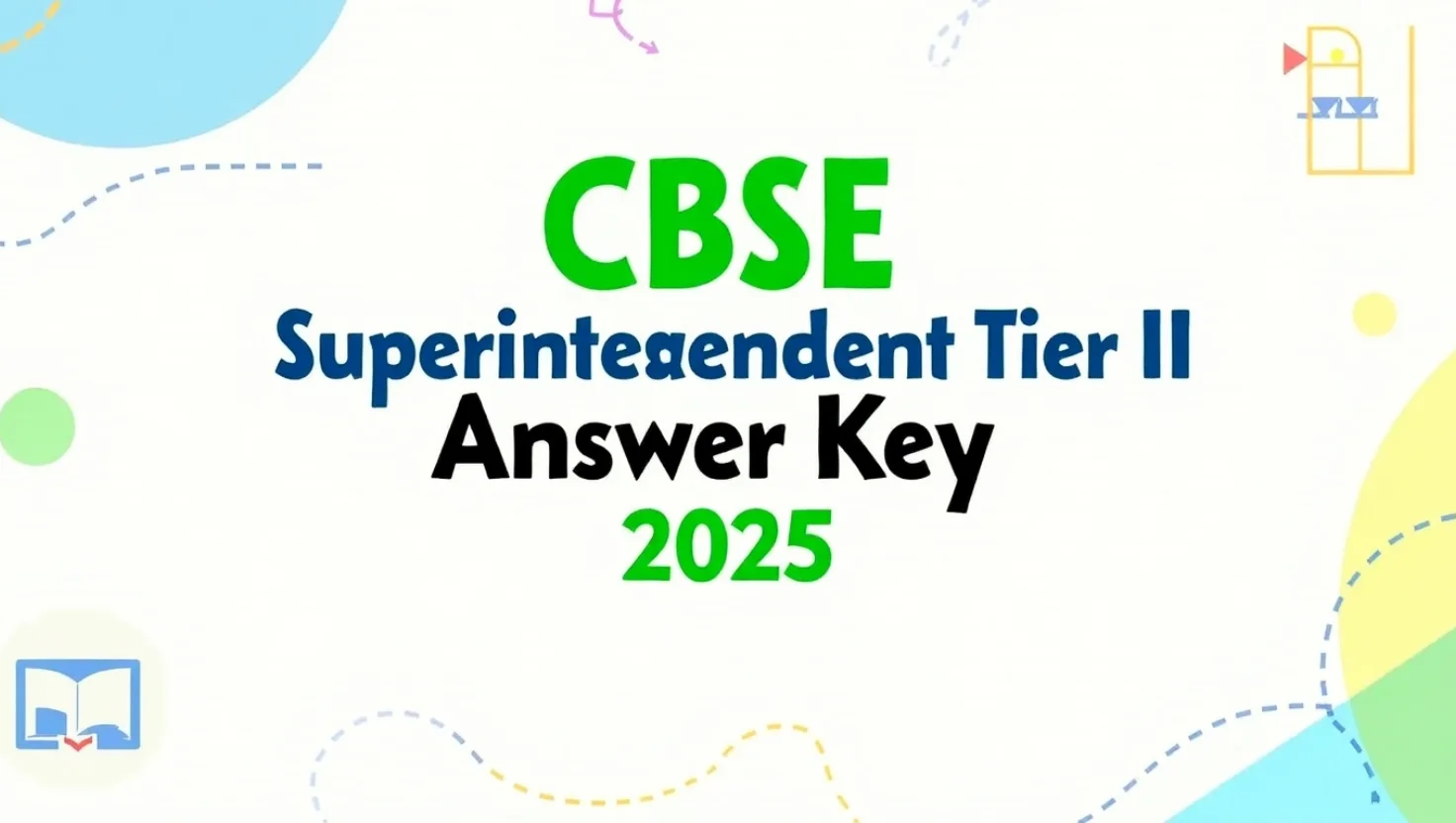The JEE Main 2018 Paper I conducted on 16th April was a computer-based exam, held as part of the second day of the online mode. This particular shift followed the same pattern of 90 questions — 30 each from Physics, Chemistry, and Mathematics — and was designed to test both conceptual understanding and problem-solving speed. The level of the paper was considered moderate overall, but a few tricky questions in Physics and lengthy problems in Mathematics made it a good practice set for aspirants.
I chose to write about this paper because many students tend to overlook the online shift papers when preparing, yet they provide an equally important insight into the actual JEE pattern. Solving these papers not only helps with familiarising yourself with the types of questions but also helps you adapt to the pace required in a computer-based setting. As someone who has worked with JEE aspirants, I always suggest going through all online shift papers along with offline ones. The 16th April 2018 paper in particular can help students identify trends in question framing and strengthen exam strategy.
JEE Main 16th April 2018 Paper – Overview
Here’s a basic overview of how the paper was structured:
- Mode: Online (Computer-Based Test)
- Total Questions: 90 (30 from each subject)
- Maximum Marks: 360
- Time Duration: 3 hours
- Marking Scheme: +4 for correct answer, -1 for incorrect answer
Now let’s look at how each subject was tackled in this shift.
Subject-Wise Paper Analysis
Physics
Physics had a mixed bag of theory and numericals. Students reported that this section was conceptually balanced, with some questions from Modern Physics and Electricity requiring quick application of formulas.
Frequently Asked Topics:
- Electromagnetic Induction
- Heat and Thermodynamics
- Semiconductors
- Optics
- Current Electricity
Difficulty Level: Moderate
Chemistry
Chemistry was the easiest of the three sections, especially for students who studied NCERT thoroughly. Most questions were straightforward and memory-based, mainly from Inorganic and Organic Chemistry.
Key Topics Covered:
- Chemical Bonding
- Surface Chemistry
- Aldehydes and Ketones
- Coordination Compounds
Difficulty Level: Easy to Moderate
Mathematics
Maths was lengthy as usual, with more time-consuming questions from Calculus and Algebra. However, students who had a good grip on formulas and speed found it manageable.
Main Topics Asked:
- Probability
- Matrices and Determinants
- Definite Integration
- Complex Numbers
- Vectors and 3D Geometry
Difficulty Level: Moderate to Tough
Why You Should Practise This Paper
Many aspirants focus only on the offline mode papers, but the online mode papers like this one from 16th April help you understand the shift in question difficulty and structure. The computer-based mode also tests your time management skills under a different setup — scrolling through questions, revisiting marked ones, and avoiding careless clicking.
Practising this paper can help you:
- Improve speed in lengthy Mathematics questions
- Strengthen conceptual clarity in Physics
- Recognise pattern-based questions in Chemistry
- Build stamina for a 3-hour timed online paper
If you’re targeting 150+ in JEE Main, this is a must-solve paper.
Download PDF
Click here to download the JEE Main 2018 (16th April) Paper I PDF
(Replace this text with the actual working link to the PDF)
Final Words
Practising previous year papers like this one from 16th April 2018 not only helps in understanding the real exam format but also trains your brain for managing time and handling pressure. Don’t just solve and forget — take time to analyse your mistakes and make short notes on concepts you struggled with. That’s how you gradually improve and get closer to your target score.



















